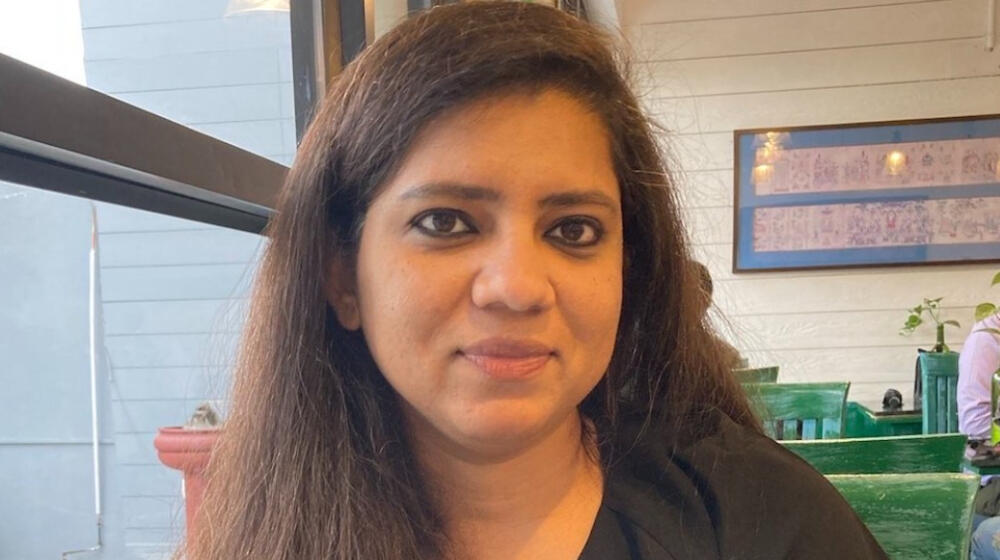Hate speech is in full attack mode, amplified by new technologies that spread divisive rhetoric across the globe. We all have seen the harm it does, sparking violence, exclusion, discrimination, inequality.
In response to growing xenophobia, racism, intolerance, misogyny, anti-semitism and anti-Muslim hatred, United Nations Secretary-General António Guterres launched the UN Strategy and Plan of Action on Hate Speech in June 2019, defining hate speech as “any kind of communication in speech, writing or behaviour that attacks or uses pejorative or discriminatory language with reference to a person or a group on the basis of who they are – in other words, based on their religion, ethnicity, nationality, race, color, descent, gender or other identity factor.”
The action plan aims to enhance UN efforts to address root causes and drivers of hate speech and to enable effective responses to the impact of hate speech on societies, while implementing strategies in line with the right to freedom and expression.
Hate speech poisons minds. It is among the most virulent forms of misinformation, feeding on and fueling social polarization, driving us farther apart. Used for control and oppression, it can lead in the worst cases to mass murder and genocide. Misogynistic hate speech especially is proliferating, with technology providing cheap and easy means to spread hate speech far and wide. Online platforms provide few safeguards to stop it.
Online hate speech in particular might seem impossible to stop, but governments, civil society and individuals are taking action, including tapping the power of education, to fight back. Tackling the issue from an educational perspective involves strengthening educational policies and initiatives with specific measures to address and counter hate speech, helping people develop critical thinking and become active citizens who support peace and human rights.
We can all make online platforms safer. Technology companies must take all necessary steps to stop hate speech, including adopting safety features to limit misinformation and online violence and protect personal data. Safety improves when tech companies deliberately manage gender-specific threats and include women and girls in the design and development of technology. Governments and industry associations should set and enforce regulations to make technology safer. Individuals can stop the hate in their own online practices and call on others to do the same.
UNFPA is part of a global movement to address gendered hate speech online. It co-convenes the Advisory Group to the Global Partnership for Action on Gender-Based Online Harassment and Abuse, and issued the UNFPA Guidance on Safe and Ethical Technology for Gender-Based Violence and Harmful Practices.
For a deeply personal perspective, the UNFPA campaign The Virtual is Real focuses on digital violence – which includes online hate speech that serves to terrorize, dehumanize and silence – and features women who fought back.
Hate speech must not – and will not – win. But we all need to become involved, getting educated and speaking out firmly to counter this growing global scourge. “Hate is hate. We can’t excuse it. We can’t ignore it,” UNFPA Executive Director Dr. Natalia Kanem says in this powerful video. “Hate is actions. Hate is words. Hate is words that become actions.” Say #NoToHate.



